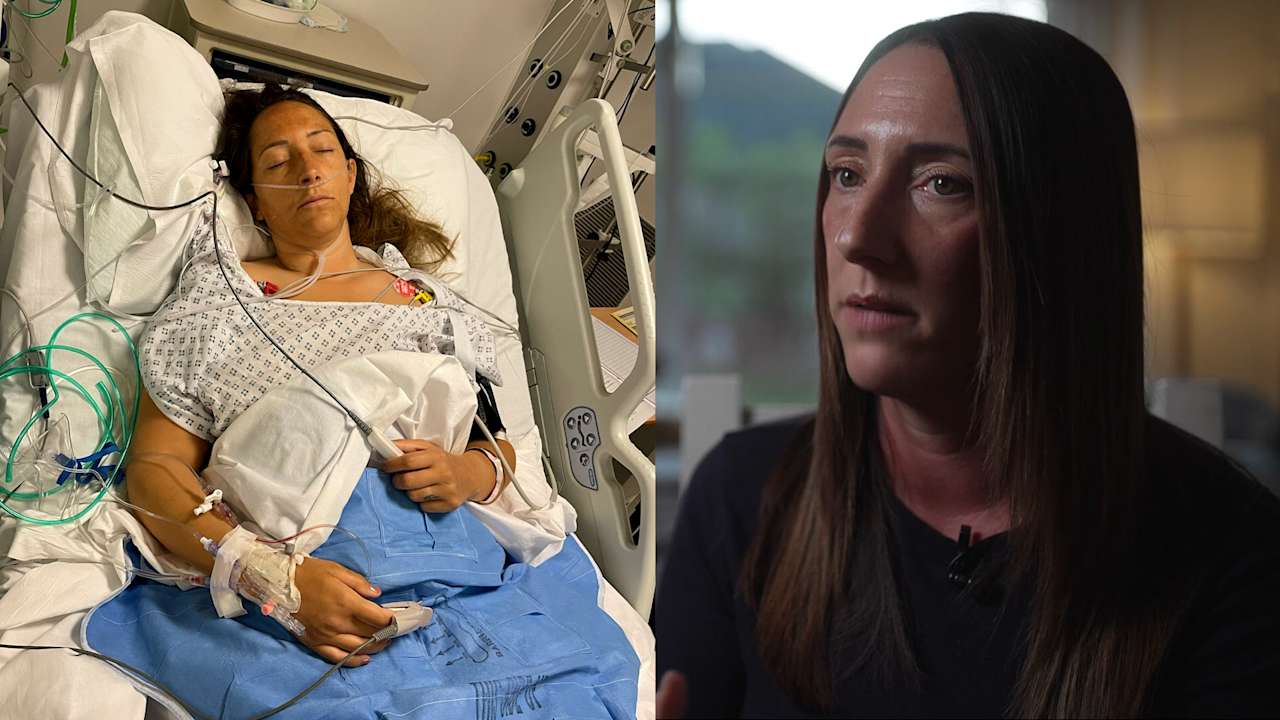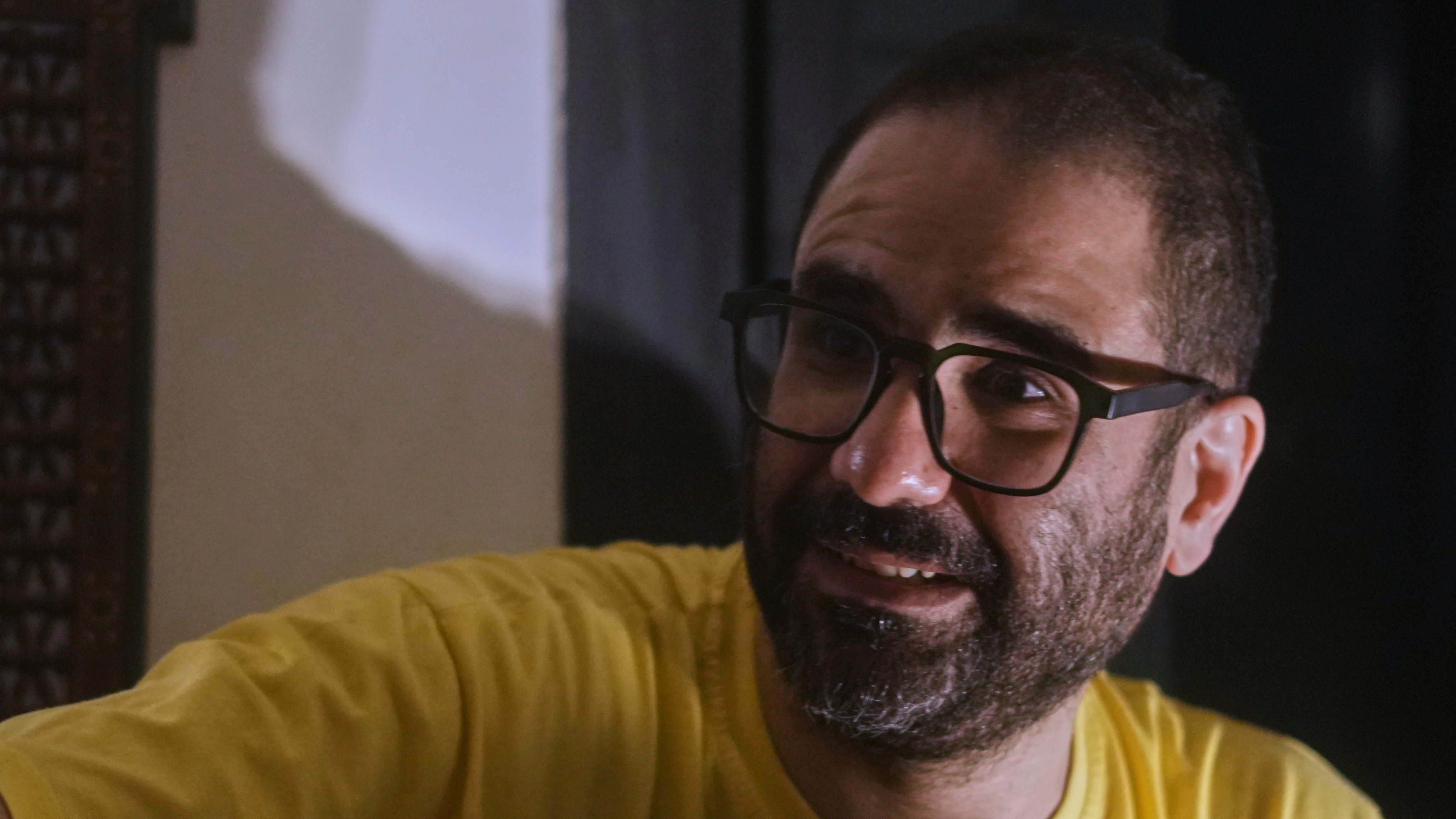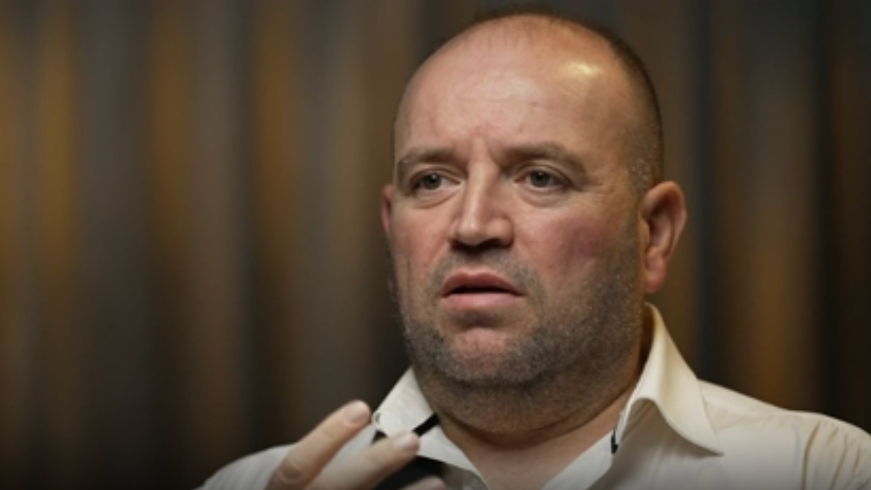There has been an alarming decline in care for those with Inflammatory Bowel Disease. This leads to delays in treatment and diagnosis with sometimes serious complications: 1 in 7 adults is only diagnosed once they make emergency hospital visits. Cari Davies heard from one patient who says nobody took her seriously until she was rushed into Accident and Emergency
Words by producer, Esme Jones
Sophie Pearce waited 14 years to be diagnosed with Ulcerative Colitis.
Despite enduring severe symptoms, including losing a significant amount of blood and experiencing the urgency to use the toilet up to 30 times a day, Sophie was repeatedly told nothing was wrong. It wasn’t until she hemorrhaged at home and was rushed to A&E that she finally received a diagnosis.
Sophie’s journey with Ulcerative Colitis, a form of Inflammatory Bowel Disease (IBD) that primarily affects the colon and rectum, led to emergency surgery and the removal of her bowel at age 35.
‘I knew something was wrong… nobody listened’
Describing her experience, Sophie said: “They rushed me straight through, took me down to theatre, did a scope, and the consultant that spoke to me as I came round from that said to me, this is the worst inflammatory bowel disease, ulcerative colitis I have ever seen.”
The emergency care support worker, has since undergone surgery to have her bowel removed, as well as a proctectomy, a procedure in which the rectum and anus are permanently removed and sealed.
‘If they didn’t remove my bowel, I’d have four weeks to live before the disease could kill me’
Sophie now says she feels that if her symptoms weren’t ignored and the disease had been managed sooner, her surgery may have been avoided.
Half a million people with Inflammatory Bowel Disease (IBD) are being failed by services across the UK, according to the charity Crohn’s and Colitis UK.
An exclusive report shown to ITV News found none of the 126 services around the country met standards for care and staffing for those with IBD, with a significant decline in the quality of care reported by people with the disease over the past five years.
One in seven adults with IBD reported being diagnosed with the disease during an emergency hospital admission, often during long waiting periods for diagnosis through the NHS.
Each year, 25,000 people in the UK are diagnosed with Inflammatory Bowel Disease (IBD), which includes Crohn’s Disease and Ulcerative Colitis.
IBD is an auto-immune disease where the patient’s immune system mistakenly attacks the digestive tract, causing inflammation and ulcers. Crohn’s Disease can affect any part of the gastrointestinal tract, while Ulcerative Colitis primarily impacts the colon and rectum. It’s a life-long illness with no cure.
According to the report, the quality of patient care has declined significantly since 2019, while nearly a quarter of adults reported finding it hard to cope with the disease.
Singer song-writer Tom Speight, who has lived with Crohn’s disease for the past 20 years, was one of those who found the disease difficult to manage after getting a diagnosis.
‘I was kind of just thrown into the wilderness, it was like, you’ve got Crohn’s disease now, kind of deal with it’
The report shows that no IBD service in the UK met standards for care or staffing with only one in five services having enough IBD specialist nurses, often described as a “lifeline” for patients with Crohn’s and Colitis.
Nurse Consultant Lisa Younge, who has worked in IBD services for 20 years, told ITV News that she finds it ‘frustrating’ that she feels they can’t give patients the care they need.
‘I think it’s really frustrating for us inside the services because we know that we could do more and we could try and see people in a more timely manner.’
In response to ITV News’ report, an NHS spokesperson said: “We know how important timely diagnosis and access to expert, personalised care is for people living with Crohn’s disease and ulcerative colitis, as these conditions can have a major impact on their everyday lives,
“While NHS staff are diagnosing and treating more people than ever before for inflammatory bowel disease, we are also working with patient charities to improve assessments and bring down wait times.
“Local health systems are also looking at how they can provide more personalised care to patients in the community, helping to reduce the need for hospital admissions by supporting people to manage their conditions, and live a better quality of life.”
According to the NHS, the main symptoms of Inflammatory Bowel Disease are:
- Diarrhoea that lasts longer than 4 weeks
- Tummy pain
- Blood or mucus (clear slime) in your poo
- Bleeding from your bottom
- Feeling tired all the time
- Losing weight without trying
If you are experiencing any these symptoms then contact your GP or visit Crohn’s and Colitis UK for support.
A Department of Health and Social Care spokesperson said: “This government inherited a broken NHS and people suffering with debilitating conditions like inflammatory bowel disease haven’t been receiving the high-quality and compassionate care they deserve. We are determined to change that.
“We will transform diagnostic services to ensure more patients are seen and diagnosed early and have already committed around £1.5bn in new equipment as we build an NHS that is fit for the future.”
A spokesperson for Surrey and Sussex Healthcare NHS Trust, who treated Sophie during her battle with Ulcerative Colitis said: “We are very sorry to hear about Ms Pearce’s experience in receiving the diagnosis that she needed.
“As a Trust, we are always looking for ways to continually improve our care and patient experience, and ensure that all our patients feel heard throughout their care journey.
“Inflammatory Bowel Disease can often be a difficult illness to diagnose even if all the correct tests are carried out, with repeat tests sometimes required to reach the correct diagnosis.
“Since 2020, while there has been more research and national improvements to help speed up diagnosis times, as a Trust we have also made huge strides in increasing patient access to tests like colonoscopies to ensure our patients are being seen as quickly as possible – with all urgent cases now seen within two weeks and all routine cases within six weeks.
“We have also made significant investment in the service and are currently working with our partners across Surrey on redesigning the endoscopy pathway to further improve local access for patients in the future.”
Follow STV News on WhatsApp
Scan the QR code on your mobile device for all the latest news from around the country



























